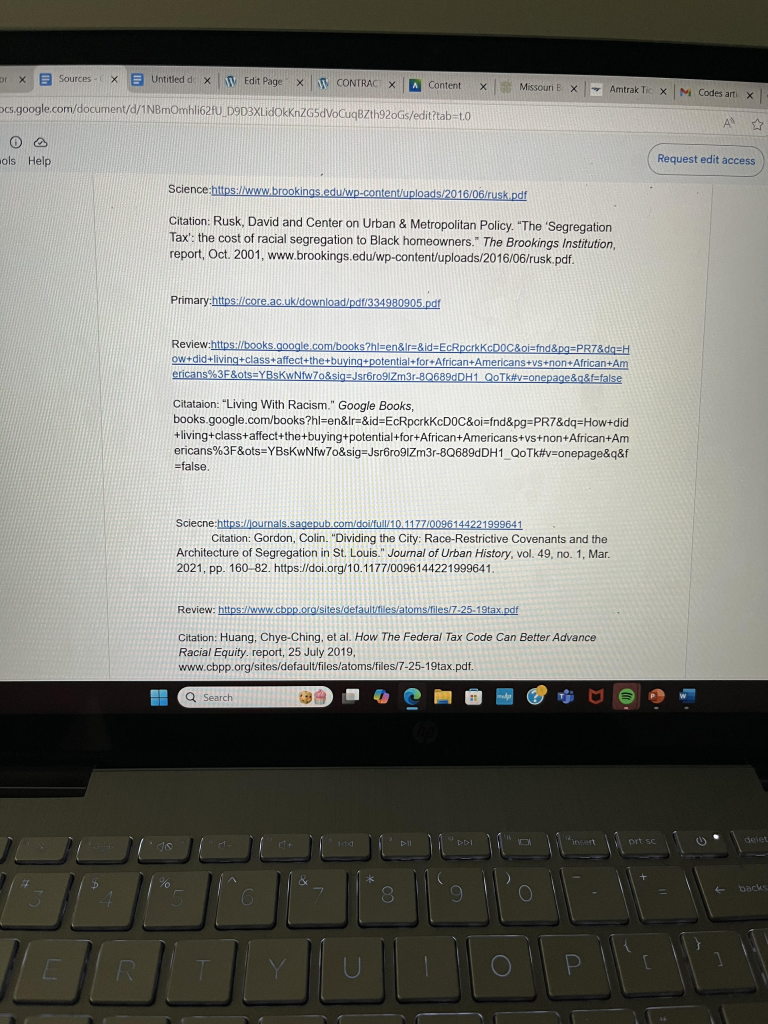Grade Contracted For an B :
| What concepts are you going to learn, or skills are you going to develop? | How will you learn the content/ develop the skill? | What evidence will you add to the portfolio to demonstrate your learning? | How will you and I assess the evidence of your learning/skills? |
| (70 %)Based on Global Learning | · Engage in both readings and class discussions to learn about multiple worldviews, cultures and experiences· Prepare for class discussions on global issues | · Choose 1-2 reflections that reflect my discussions on global issues· | · Attend and actively participate in at least 80% of class sessions· Complete weekly reflection and answer questions fully· Prepared for 80% of class sessions.· Perform “good ” work according to the research report rubric |
| (10%)Based on Information Literacy | · Collaborate with research group to develop a research question/ hypothesis· Analyze various sources of evidence for the research report · Work with SIUE resources to format references | · Research report – research question · Research report – literature review and analysis · Research report – Reference page · Annotated Bibliography | · Perform “good ” work according to the research report rubric · Perform “well” on the pre-assignments for the research report (e.g., annotated bibliography) |
| (10%)Based on Problem-Solving Skills | · Class lectures on course content to learn how to solve problems | · At least one unit exam that shows achievement in problem solving | · Achieve an average of 60% or higher on unit exams |
| (10%)Based on Quantitative Literacy | · Class lectures and work to learn how to analyze data· Analyze various sources of data for the research report | · Research Report – Proposed experiment | · Perform “Good ” work according to the research report rubric |
(70%)Based on (4) Global Learning : In this reflection we watched a TedTalk on how we as humans are part of a species. When I first listened to the TedTalk I did not really know any of this information and I think most people in general did not know that we share 99% of or genes with baboons. Its amazing how you can go back in time and compare different species and based on just skin tone alone. you can predict that certain traits would carry over and be sort of natural in a way.


Another part that I found to be very helpful and informative especially not being a science major or just knowing the basic things when it comes to our planet and ecosystem was the jigsaws that we did in class. The one shown below is an example that talks about Ecology and society. Doing these types of activities increased my knowledge on certain science topics and how we can see and relate them in our everyday lives.

(10%)Based on (5) Information Literacy
So for my partner and I our Project Question is how did taxation affect the population of African Americans vs non-African Americans in the 2000’s within the St.Louis area? We really wanted to go into this research question because in our other research group that I am in with Dr Jack my subgroup is talking about how we can make the documents related to slavery more accessible for the people not only for MOBOT but the visitors and anyone who is interested in learning about American History. This relates to what Aydien and I are doing in CODES 220 because taxation and racial inequality played a huge part not only in the garden but also in African American culture. From things of White Americans being taxed different and not as high as African Americans to the Civil Rights Act of 1964 which stated that “ all people shall be entitled to the full and equal enjoyment of goods, services, privileges and advantages”. So everything we do ties back to African American history and Indigenous knowledge. Here were some of the questions that we had came up with to incorporate within our work:
How did knowing the history of MOBOT affect the study of African American within the garden? How did racial inequality affect taxation Among African Americans? How did living class affect the buying potential for African Americans vs non African Americans? How does the 1850 census for African Americans differ from the 2020 census in the state of Missouri?


(10%)Based on Quantitative Literacy
This then took us back to our main question of How did taxation affect the population of African Americans vs non African Americans in the 2000’s within the St.Louis area? Our Independent Variable in this experiment is taxation rates in the St.Louis area during the 2000’s vs current times. Our Dependent variable is the Population changes within ST.Louis. Then our Control Variable is the taxation before policy change vs After Policy.
The bar graph above represents the black population and the other population which is everyone but black in 2000’ vs 2024. The data implies that while the white population has increased from 2000 to 2024 not by much, we see that the Black population has taken the most hit going from almost 180,000 down to around 120,000 which is just a further explanation as to how taxation and redlining still plays a major part not just 20 plus years ago but it’s still in effect as of today and bow government officials still find ways to discriminate in today’s society.